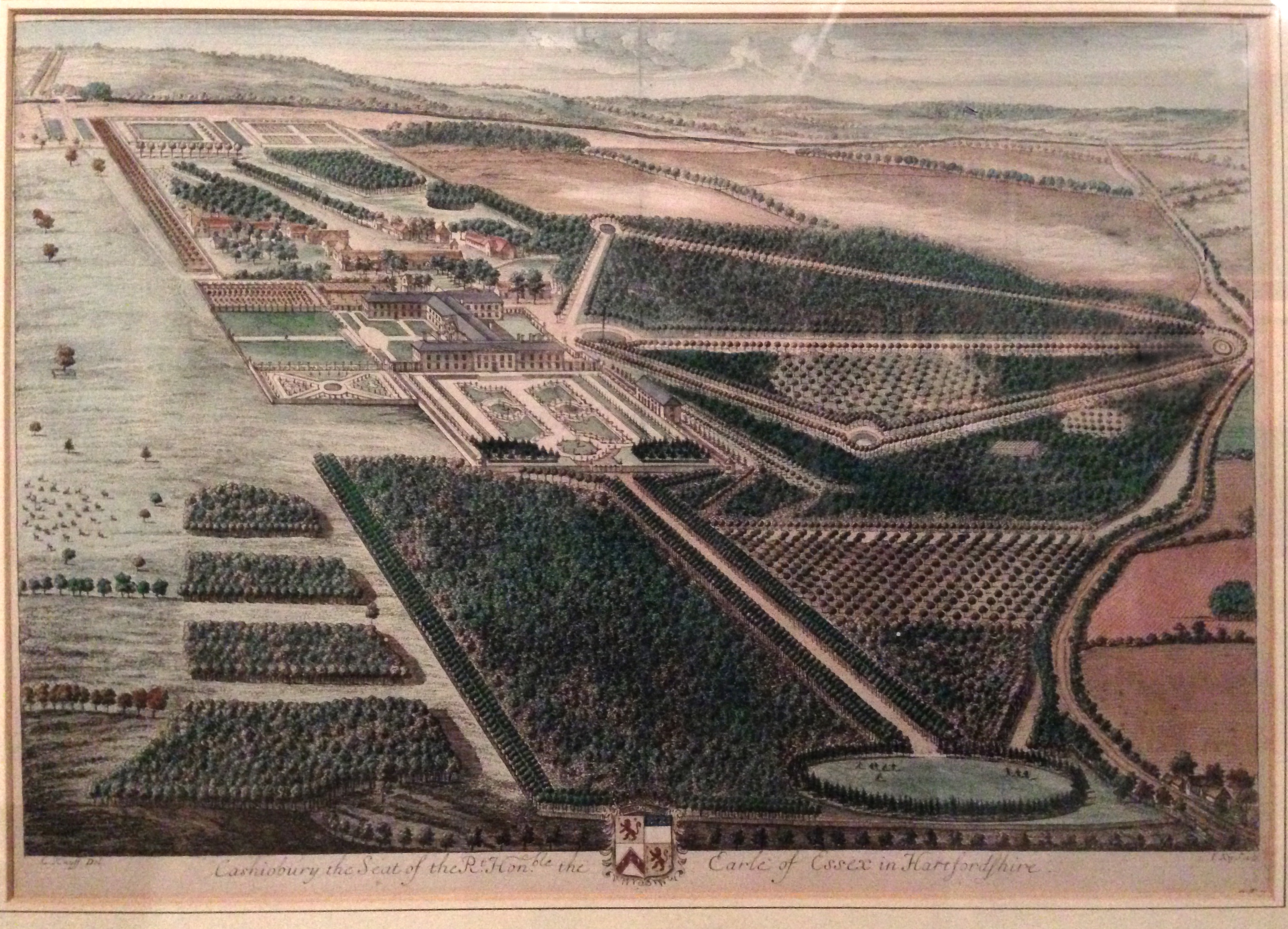|
TEB Clarke
Thomas Ernest Bennett "Tibby" Clarke, OBE (7 June 1907 – 11 February 1989) was a film screenwriter who wrote several of the Ealing Studios comedies. Early life Clarke was born in Watford on 7 June 1907. His father, Ernest Clarke, had been raised in Hull, moving to South Africa in the late 19th century. He was enlisted to carry dispatches for the Jameson Raid though, avoiding imprisonment, managed to obtain a job working for a gold mining company. Ernest then married Madeline Gardiner, with whom he raised three children. Their eldest child was Dudley Clarke, who would later become a pioneer of military deception operations during the Second World War. A girl, Dollie, followed. The gold mining company Ernest had been working for then offered him an opportunity to move to their London office, enabling him to return to England with his young family. They sailed from South Africa, the first ship to leave the country following the end of the Boer War. Upon arriving in England, Ern ... [...More Info...] [...Related Items...] OR: [Wikipedia] [Google] [Baidu] |
Watford, Hertfordshire
Watford () is a town and non-metropolitan district with borough status in Hertfordshire, England, northwest of Central London, on the banks of the River Colne. Initially a small market town, the Grand Junction Canal encouraged the construction of paper-making mills, print works, and breweries. While industry has declined in Watford, its location near London and transport links have attracted several companies to site their headquarters in the town. Cassiobury Park is a public park that was once the manor estate of the Earls of Essex. The town developed next to the River Colne on land belonging to St Albans Abbey. In the 12th century, a charter was granted allowing a market, and the building of St Mary's Church began. The town grew partly due to travellers going to Berkhamsted Castle and the royal palace at Kings Langley. A mansion was built at Cassiobury in the 16th century. This was partly rebuilt in the 17th century and another country house was built at The Grove. ... [...More Info...] [...Related Items...] OR: [Wikipedia] [Google] [Baidu] |
Proctor
Proctor (a variant of ''wikt:procurator, procurator'') is a person who takes charge of, or acts for, another. The title is used in England and some other English-speaking countries in three principal contexts: # In law, a proctor is a historical class of lawyers, and the King's (or Queen's) Proctor is a senior government lawyer. # In religion, a proctor represents the clergy in Church of England dioceses. # In education, proctor is the name of university officials in certain universities. In the United States and some other countries, the word "proctor" is frequently used to describe someone who supervises an Test (assessment), examination (i.e. a supervisor or Exam invigilator, invigilator). Law England A proctor was a legal practitioner in the ecclesiastical court, ecclesiastical and admiralty courts in England. These courts were distinguished from the common law courts and courts of equity because they applied "civil law" derived from Roman law, instead of English common law ... [...More Info...] [...Related Items...] OR: [Wikipedia] [Google] [Baidu] |
The Blue Lamp
''The Blue Lamp'' is a 1950 British police procedural film directed by Basil Dearden and starring Jack Warner as PC Dixon, Jimmy Hanley as newcomer PC Mitchell, and Dirk Bogarde as criminal Tom Riley. The title refers to the blue lamps that traditionally hung outside British police stations (and often still do). The film became the inspiration for the 1955–1976 TV series ''Dixon of Dock Green'', where Jack Warner continued to play PC Dixon until he was 80 years old (even though Dixon is murdered in the original film). The screenplay was written by Ealing regular T. E. B. Clarke, who had been a war reserve constable. The film is an early example of the "social realism" films that emerged later in the 1950s and 1960s, sometimes using a partial documentary-like approach. There are also cinematic influences of the film noir genre, particularly in underworld scenes featuring Bogarde's Tom Riley, such as the pool rooms and in and around the theatre, making deliberate use of ge ... [...More Info...] [...Related Items...] OR: [Wikipedia] [Google] [Baidu] |
Murder At Buckingham Palace
Murder is the unlawful killing of another human without justification or valid excuse committed with the necessary intention as defined by the law in a specific jurisdiction. ("The killing of another person without justification or excuse, especially the crime of killing a person with malice aforethought or with recklessness manifesting extreme indifference to the value of human life.") This state of mind may, depending upon the jurisdiction, distinguish murder from other forms of unlawful homicide, such as manslaughter. Manslaughter is killing committed in the absence of ''malice'',This is "malice" in a technical legal sense, not the more usual English sense denoting an emotional state. See malice (law). such as in the case of voluntary manslaughter brought about by reasonable provocation, or diminished capacity. ''Involuntary'' manslaughter, where it is recognized, is a killing that lacks all but the most attenuated guilty intent, recklessness. Most societies conside ... [...More Info...] [...Related Items...] OR: [Wikipedia] [Google] [Baidu] |


